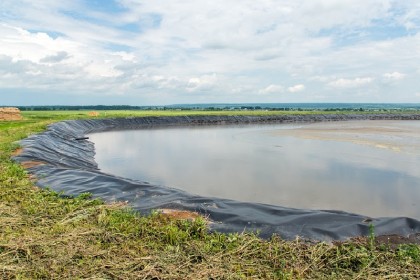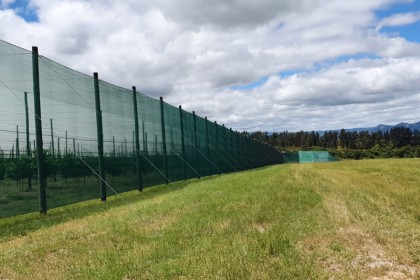
Shielding Farmers Against Nature's Uncertainties
Farming is an inherently unpredictable endeavour, with a multitude of variables beyond a farmer's control. From extreme weather events to pests and diseases, the agricultural sector faces significant risks that can jeopardize crop yields and livelihoods. Crop insurance serves as a vital safety net, offering financial protection to farmers in the face of such uncertainties.
In this article, we delve into the importance of crop insurance, how it works, its benefits, and its role in ensuring food security and the stability of farming communities.
Understanding Crop Insurance
Crop insurance is a risk management tool designed to help farmers mitigate financial losses resulting from adverse events that can impact crop production. These events include but are not limited to drought, floods, hail, frost, and pest infestations. Crop insurance is typically offered by government agencies or private insurance companies and can vary in coverage and terms based on the specific policy.
How Crop Insurance Works
- Policy Purchase: Farmers purchase crop insurance policies before the planting season, selecting coverage based on their needs and the crops they intend to grow.
- Premium Payments: Farmers pay premiums to maintain their insurance coverage. Premiums are typically based on factors like the level of coverage, the type of crop, and the historical risk associated with the region.
- Monitoring and Reporting: Throughout the growing season, farmers are required to monitor their crops and report any losses or damage to the insurance provider.
- Assessment and Compensation: When a claim is filed, an assessment is conducted to determine the extent of the loss. If the loss exceeds a certain threshold, the farmer receives compensation to help cover their losses.
Benefits of Crop Insurance
- Risk Mitigation: Crop insurance protects farmers from financial losses caused by unpredictable events, providing a safety net against circumstances beyond their control.
- Financial Security: It offers stability by ensuring that farmers can cover their operating costs, repay loans, and maintain their livelihoods in the event of crop failure.
- Food Security: Crop insurance helps secure the food supply by reducing the risks of yield fluctuations, ensuring a consistent and stable food source for communities.
- Investment Confidence: With insurance in place, farmers are more likely to invest in modern farming practices, technology, and higher-yield crop varieties, contributing to increased agricultural productivity.
- Community Stability: The stability provided by crop insurance supports the continuity of farming communities and rural economies.
Considerations for Crop Insurance
- Policy Selection: Farmers should carefully select insurance policies that align with their crop types, farming practices, and regional risks.
- Documentation: Accurate and timely record-keeping of crop conditions and losses is essential for the claims process.
- Premium Management: Farmers must manage their premiums effectively to ensure coverage while staying within budget constraints.
- Awareness and Education: Understanding policy terms, coverage details, and the claims process is critical for farmers to make the most of their insurance.
Crop insurance is a fundamental tool in modern agriculture, safeguarding farmers' investments and ensuring food security for communities. It mitigates the risks associated with unpredictable events and supports the resilience and stability of the farming sector.
As farming continues to evolve, crop insurance plays an essential role in enabling farmers to face the uncertainties of nature with greater confidence and security.
Contact Impac Cropsure today for your insurance needs!












